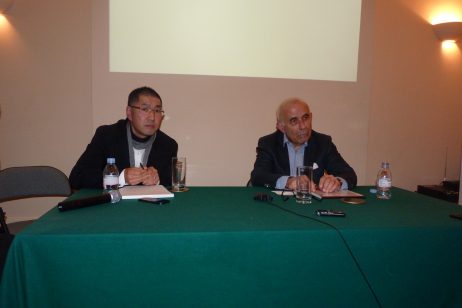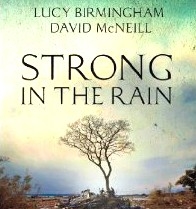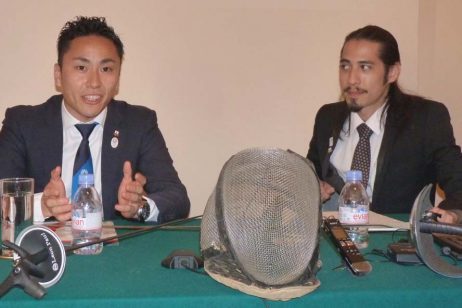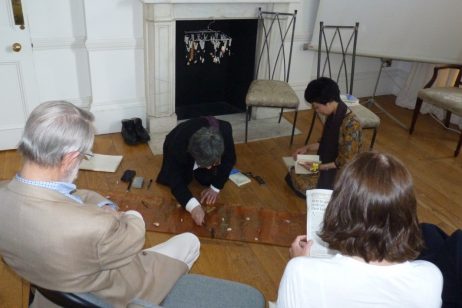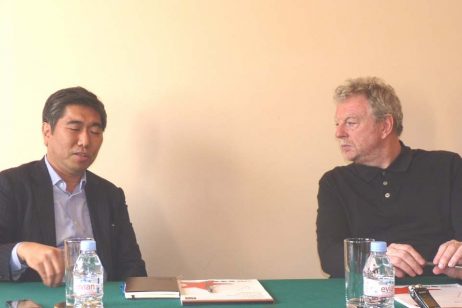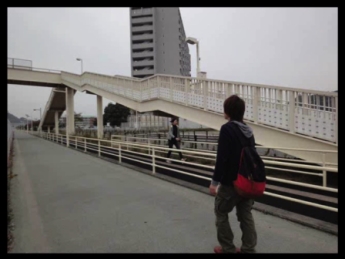25 September 2013
The Road to Recovery – How and Why Economic Policy Must Change
Economist Andrew Smithers launched his new book ‘The Road to Recovery – How and Why Economic Policy Must Change’ at the Daiwa Foundation, giving a talk followed by Q and A and a book signing. His book addresses the issue of the world economy which still underperforms despite massive attempts at stimulus. Governments and central banks have the wrong policies because they do not understand today’s problems. Those who advocate stimulus, whether fiscal or monetary, assume that the problems are cyclical and thus temporary. But recovery in Japan, the UK and the US is inhibited by structural problems, which will not be solved by trying to boost demand.
More info
